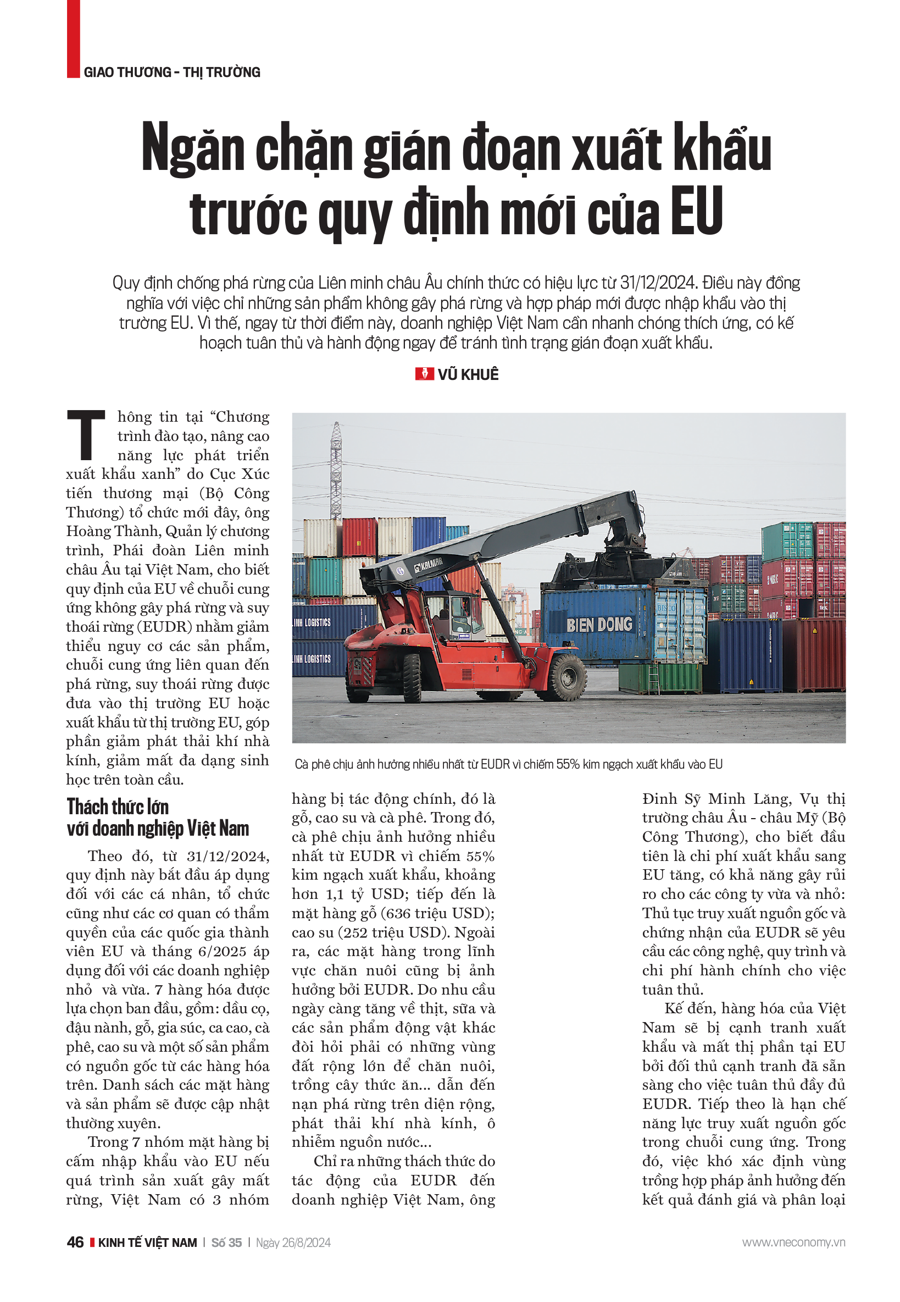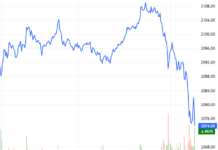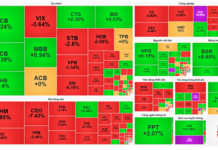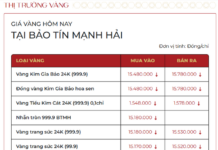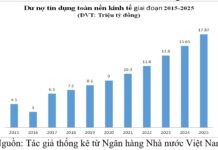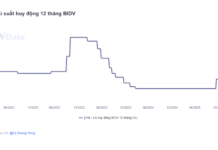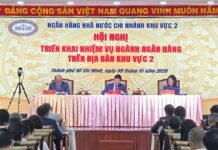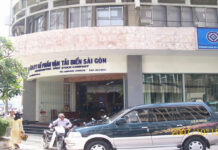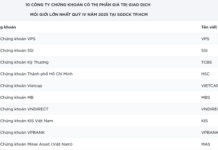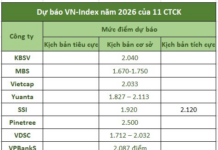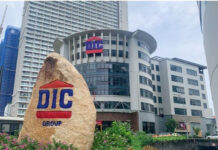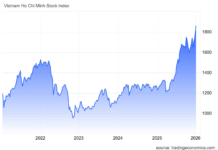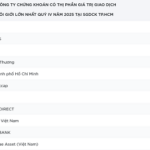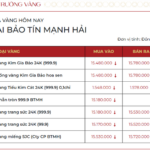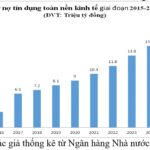At the recent “Training Program for Export Development and Green Capacity Enhancement” organized by the Trade Promotion Agency (Ministry of Industry and Trade), Mr. Hoang Thanh, Program Manager, Delegation of the European Union to Vietnam, shared that the EU’s regulations on deforestation- and forest degradation-free supply chains (EUDR) aim to minimize the risk of products and supply chains associated with deforestation and forest degradation from entering the EU market or being exported from it. This contributes to reducing greenhouse gas emissions and biodiversity loss globally.
A MAJOR CHALLENGE FOR VIETNAMESE BUSINESSES
Accordingly, from December 31, 2024, this regulation will apply to individuals, organizations, and competent authorities of EU member states, and from June 2025, it will apply to small and medium-sized enterprises.
Seven goods were initially selected, including palm oil, soybeans, timber, cattle, cocoa, coffee, rubber, and some products derived from these commodities. The list of items and products will be updated regularly.
Among the seven groups of goods banned from importation into the EU if their production causes deforestation, Vietnam is mainly affected by three groups: timber, rubber, and coffee. Coffee is the most impacted by EUDR, accounting for 55% of export turnover, amounting to over $1.1 billion; followed by timber ($636 million) and rubber ($252 million).
Additionally, Mr. Thanh mentioned that products in the livestock sector are also affected by EUDR. The increasing demand for meat, dairy, and other animal products requires vast areas of land for farming, feed crops, etc., leading to large-scale deforestation, greenhouse gas emissions, water pollution, and other issues.
Pointing out the challenges posed by the impact of EUDR on Vietnamese businesses, Mr. Dinh Sy Minh Lang, from the Europe-America Market Department (Ministry of Industry and Trade), stated that the first challenge is the increase in export costs to the EU, which may pose risks for small and medium-sized enterprises. The EUDR’s traceability procedures and certifications will necessitate technologies, procedures, and administrative expenses for compliance.
Secondly, Vietnam’s goods will face export competition and lose market share in the EU to rivals who are already fully compliant with EUDR. Thirdly, there are limitations in terms of traceability capabilities within the supply chain. In particular, the difficulty in identifying legal growing areas affects the assessment and risk classification of growing regions by the EU according to countries and production regions.
Regarding coffee, while 40% of Vietnam’s coffee-growing land has been granted sustainable production certificates, the issue lies in how to certify the expanded area on forest land since 2003. For timber from production forests, the country has 3.5 million hectares of production forests, with over 60% of forest-growing households having received land-use certificates. However, only about 10% of the total area of production forests has sustainable certificates. As for rubber, with a current area of about 918,000 hectares in Vietnam, information on land-use certificates for smallholder rubber growers also presents a challenge.
Adding to the discussion on the challenges of implementing EUDR in Vietnam, Dr. Nguyen Trung Kien, from the International Cooperation Department (Ministry of Agriculture and Rural Development), mentioned that EUDR requires strict product traceability to the plot of land or forest lot where the product was grown. All products must have GPS/polygon location information down to the individual garden or plot. However, Vietnam’s production regions have low coverage of location information, high location costs, small and fragmented scales, and complex value chains with multiple intermediary layers.
Moreover, EUDR demands monitoring of deforestation using remote sensing tools, and coffee produced on land causing deforestation after December 31, 2020, will not be cleared for customs. However, we are uncertain about the reference forest map that accurately reflects the situation as of December 31, 2020. Areas that have been converted to coffee plantations before 2020 are not visible on the forest map, and there are discrepancies between the forest map and the land-use map in some cases.
“We lack transparent information feedback mechanisms or support measures for high-risk farming households to prevent forest encroachment and encourage reforestation. There is also a lack of comprehensive assessment of social risks and intervention solution testing,” Dr. Kien stated.
Despite the challenges, experts believe that the opportunities for businesses are equally significant if they can capitalize on the benefits of these requirements. According to Mr. Lang, products that comply with EUDR requirements and obtain certification from the Forest Stewardship Council (FSC) will enhance the competitiveness and reputation of enterprises in the international market.
Moreover, EUDR enables businesses to establish a sustainable product supply chain following a well-planned strategy for growing regions and legal sources of raw materials (origin and land location, traceability, information sharing, and coordination in receiving support from management agencies and associations to ensure compliance), improving product quality, meeting supply demands, and becoming the preferred choice for European partners.
At the same time, businesses that meet EUDR standards will build a green corporate image, contribute to reducing greenhouse gas emissions, create a green living environment, mitigate climate change, and establish a foundation to readily comply with other EU green regulations, such as CBAM.
LESSONS FROM PERU’S EXPERIENCE
To overcome the complexities of compliance, a representative from the Ministry of Industry and Trade cited the example of Peru. This country exports goods affected by EUDR, including coffee, cocoa, timber, and palm oil, which account for about 12% of its total exports to the EU.
In response to EUDR, Peru strengthened cooperation and coordination among various government ministries. The private sector received swift and practical support from international buyers and the government to identify the geographical locations of production areas, implement a traceability system, and verify compliance with local laws. International cooperation was also prioritized, with organizations such as the World Bank, FAO, and the German International Cooperation Agency (GIZ) developing tools to assist Peruvian businesses in adhering to EUDR…
https://postenp.phaha.vn/chi-tiet-toa-soan/tap-chi-kinh-te-viet-nam
